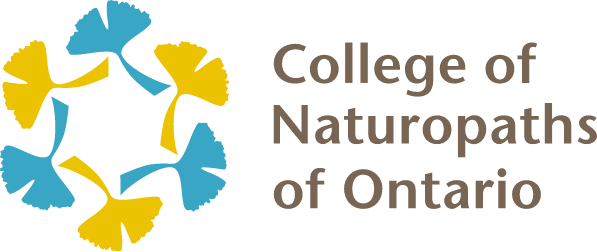Top 5 Complaints and How to Avoid Them: Practising outside the naturopathic scope
Posted On: October 26, 2022
Every year the College receives various complaints about naturopaths’ conduct, practice, and behaviour. The College is legally obligated to investigate each complaint that it receives. Although complaints differ, there are five areas of commonality that stand out and are most often investigated by the Inquiries, Complaints and Reports Committee (ICRC). This 5-part blog series will explore the top five areas of complaints and tips on how NDs can avoid them.
5. Practising outside the naturopathic scope
The College receives questions on a daily basis about whether diagnosing and treating certain conditions is considered within the scope of practice of the profession. That these same concerns are recurring a recurring theme within complaints is therefore not surprising to the College. These investigations can vary greatly, and in many cases arise from an ND advertising services they aren’t authorized to provide.
Members of the College Council have said on many occasions that one of the major elements of self-regulation is a requirement that an ND be aware of whether a particular service or treatment was within the scope of practice but also their own awareness and ability to regulate themselves by only providing treatments for which they personally have the knowledge and skill to perform.
What all this means is that there are two elements to questions about scope that the ICRC will consider when investigating a complaint. The first relates to the scope of practice as set out in legislation and regulations. Considerations here include:
- Does the profession have access to the diagnostic tools (lab testing, imaging) to be able to diagnose the existence of the disease, disorder or dysfunction?
- Is the profession adequately trained in the assessment of this condition and the provision of this service, treatment or procedure?
- Does the profession have access to the treatments and monitoring tools required to properly treat the condition, such as access to the proper medications by the proper route of administration, on-going diagnostic testing.
- Does the treatment entail the provision of a controlled act that is authorized to the profession in the Naturopathy Act, 2007 or its regulations?
- Does the profession have a role to be playing in providing adjunctive care, such as treating symptoms or treatment complications though not necessarily treating the disease, disorder or dysfunction?
The second element is whether the ND individually have the knowledge and skill to treat the disease, disorder or dysfunction. Considerations include:
- Individual training and continuing education in the diagnostic procedures and treatments necessary.
- If the treatment includes performing a controlled act that is authorized to the profession, had the ND been trained in performing it and have they actively engaged in continuing education in its performance?
- Individual experience in the diagnosis and treatment regime necessary? How frequently is the ND treating this condition and is it sufficient to maintain competency?
The legislation if fairly clear that providing or attempting to provide services or treatments that the ND knows or should know is beyond their knowledge, skill or judgment is an act of professional misconduct. To avoid this, NDs need to assess each patient, and determine if they have the knowledge, skill, and judgement to make a diagnosis for any condition (physical or mental) and if they do not, they are required to refer the patient to the most appropriate health care provider. This includes performing procedures or administering drugs that are not authorized in regulation. Failure to comply with this can have serious consequences, including causing harm to a patient.
Tips for avoiding practising outside the naturopathic scope complaints:
- Utilize College resources (including regulations, standards and staff) to ensure procedure is within the scope of practice.
- Only provide information and perform procedures that are authorized and within the scope of practice of the profession.
- Be conscious of personal and professional limitations and be mindful of the interest of the patient.
- When indicated recommend to the patient that additional opinions and/or services be obtained and provide referrals where possible.
- Referring to an authorized professional is much better than being the subject of a complaint.
Would you like to learn more about the Inquiries, Complaints and Reports Committee? Join us for our next edition of our In Conversation With townhall series, featuring the Inquiries and Complaints team.
